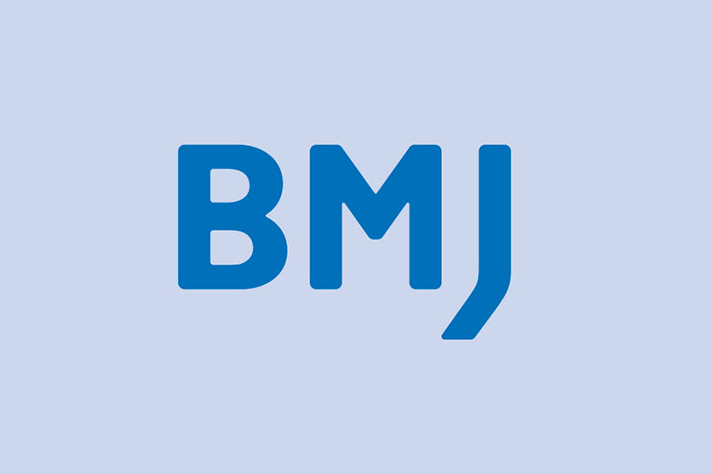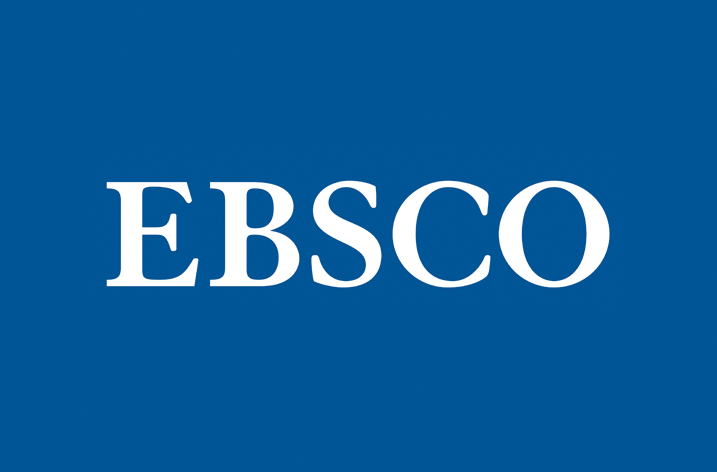
For every peer review completed for the journal Environmental Earth Sciences, a water filter is donated to developing countries – almost 600 since the start of 2017
Peer reviewers are enabling people in developing countries to access safe drinking water as the result of a collaboration between Springer’s journal Environmental Earth Sciences and the non-profit humanitarian organization “Filter of Hope”. Since the start of the initiative at the beginning of 2017, almost 600 water filters have been distributed in Liberia, Nicaragua, Haiti, Honduras, Russia, Cuba and India. This scheme is the first of its kind to acknowledge the fundamental contribution of peer reviewers in the scientific publishing industry through a non-profit partnership.
When a reviewer completes a peer review for Environmental Earth Sciences, it is tracked in the manuscript submission system so that it corresponds to a donation made by Springer Nature to Filter of Hope. The reviewer can also choose whether they would like to be acknowledged for their review in a special Editorial to the journal which is published at the end of the year.
“Filter of Hope – Clean Water for Life” is a non-profit organization that serves people in over 40 countries. Their goal is to change the world through the distribution of highly effective and affordable water filters. The water filters remove bacteria, protozoa and microorganisms from contaminated water sources, making it completely safe to drink. The work of Filter of Hope depends on global distribution organizations and funding partners that include foundations, corporations, philanthropic families, schools, churches, humanitarian groups and young people all across the world.
Bart Smelley, Founder of Filter of Hope said: “Thanks to Springer, people around the world now have access to clean drinking water who otherwise would have none. This partnership between Springer and Filter of Hope is truly changing the world.”
Annett Buettner, Senior Editor Earth and Environmental Sciences at Springer, said: “Every review counts! This is the message we wanted to send when we began this initiative. Our reviewers are fundamental to ensuring the scientific integrity and accuracy of our publications. Numerous surveys and market research have shown that monetary incentives for reviewers are not wanted. So this scheme allows us to acknowledge our reviewers with a small gesture, while at the same time having an impact on families in developing countries, who through the household water filters have access to clean drinking water. I hope other journals may consider this partnership model.”
Environmental Earth Sciences is an international multidisciplinary journal concerned with all aspects of interaction between humans, natural resources, ecosystems, special climates or unique geographic zones, and the earth. Its aim is to improve and remediate the environment as a habitat for life on earth.
























